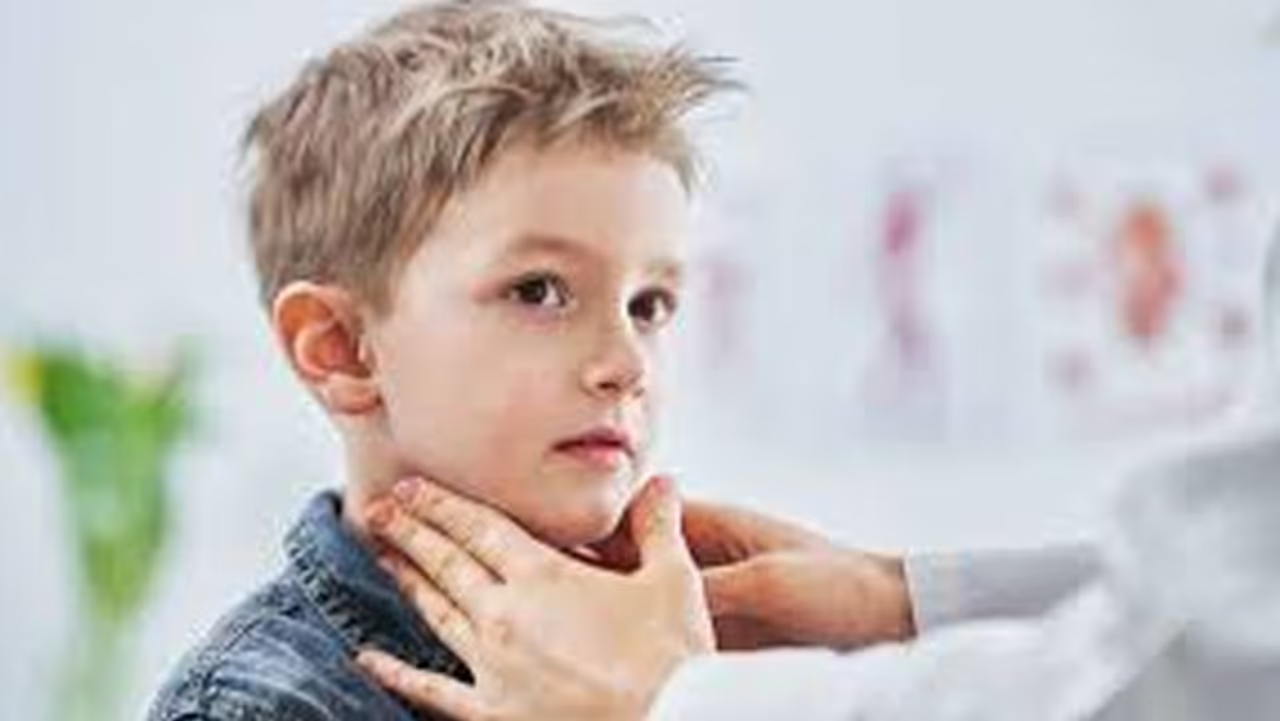- Home
- Lifestyle
- Mumps cases surge in Delhi and NCR: Signs, symptoms and ways to keep your children safe
Mumps cases surge in Delhi and NCR: Signs, symptoms and ways to keep your children safe
Mumps, caused by the paramyxovirus from the Rubulavirus family, targets the parotid glands responsible for saliva production, manifesting in characteristic swelling on one or both sides of the face.

Photo credit - Pixels
In the bustling streets of Delhi, a silent but significant health concern has been quietly spreading its grip over the city's youngest residents. Over the past two months, hospitals have seen a concerning uptick in cases of mumps, predominantly affecting children between the ages of 6 and 7.
Mumps, caused by the paramyxovirus from the Rubulavirus family, targets the parotid glands responsible for saliva production, manifesting in characteristic swelling on one or both sides of the face. Apart from Delhi, Kerala also grappled with a similar surge in mumps cases not too long ago, highlighting the nationwide challenge of infectious diseases.

Photo credit - Pixels
The signs and symptoms of mumps are as unmistakable as they are uncomfortable. From facial swelling and tenderness around the jawline to fever, earaches, and general weakness, the ailment can debilitate its sufferers for weeks on end. Typically, symptoms surface around two weeks after contracting the virus, often accompanied by a spike in body temperature and noticeable gland swelling.
Amidst the surge in mumps cases, concerned parents are left wondering: Is mumps curable? While there exists no specific cure for mumps, timely medical intervention and supportive care can alleviate symptoms and expedite recovery. However, prevention remains the best course of action.
Photo credit - Pixels
Vaccination stands as the frontline defense against mumps. Ensuring that children receive the recommended two doses of the MMR vaccine (measles, mumps, and rubella) is paramount in shielding them from these contagious illnesses.
Beyond vaccination, limiting exposure to potential sources of infection is crucial. If a child displays symptoms indicative of mumps, such as facial swelling or fever, it's imperative to keep them home from school and away from social gatherings to stem further transmission.
Photo credit - Pixels
Simple yet effective hygiene practices can also prove instrumental in curbing the spread of mumps. Encouraging regular handwashing with soap and water, especially before meals and after public outings, can significantly reduce the risk of contracting and disseminating the virus.
Additionally, imparting respiratory etiquette to children – covering their mouth and nose when coughing or sneezing – can mitigate the dispersal of infectious droplets, further safeguarding against mumps transmission.
Photo credit - Getty
In the face of Delhi's mumps outbreak, swift action and informed decision-making are paramount. By arming themselves with knowledge and implementing preventive measures, parents can navigate this health challenge with resilience and ensure the well-being of their children amid the viral surge.
Explore the latest Lifestyle News covering fashion, wellness, travel, Food and Recipes, and more. Stay updated with trending Health News, fitness tips, and expert insights to inspire your daily living. Discover personalized lifestyle trends that keep you stylish and informed. Download the Asianet News Official App from the Android Play Store and iPhone App Store for everything that adds value to your everyday life.